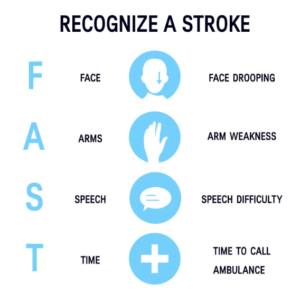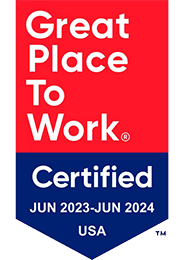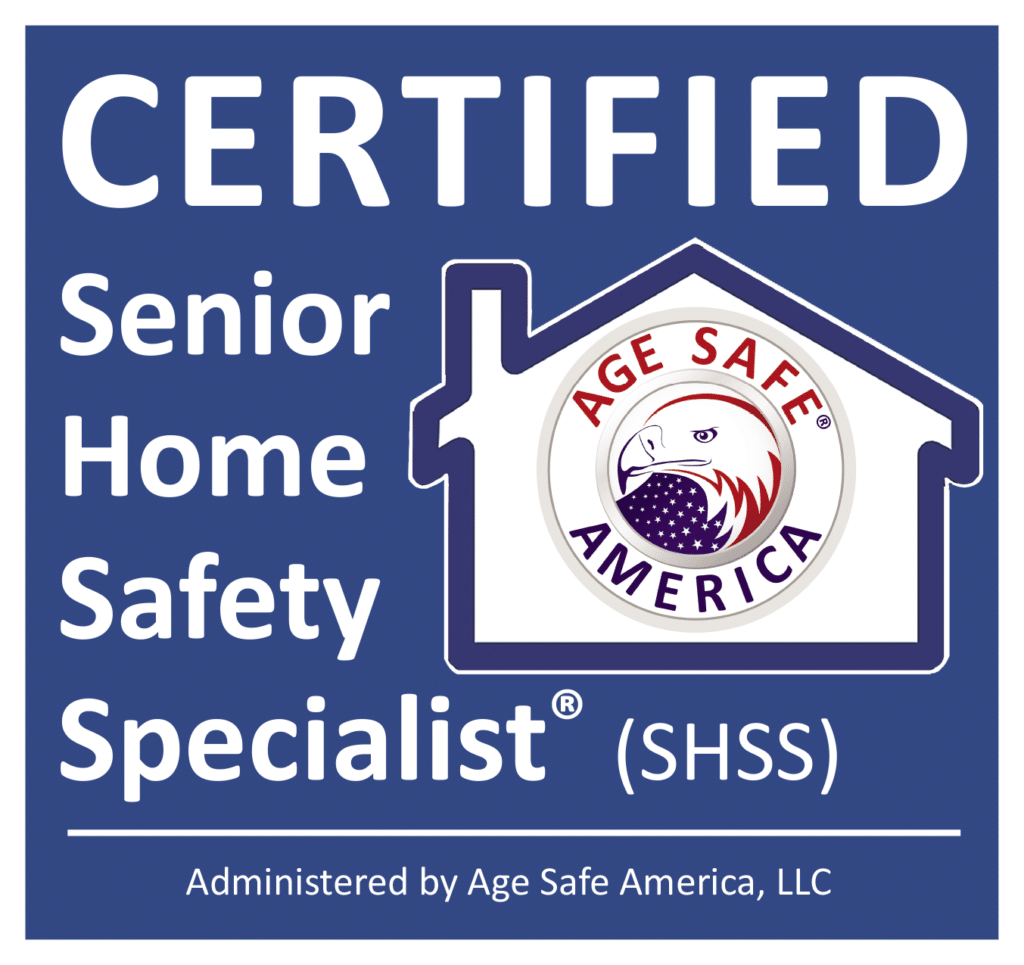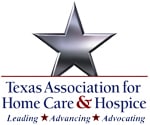Recognizing Stroke Symptoms: Common and Less-Known Signs
In the event of a stroke, time is of the essence. The faster you recognize the symptoms and seek medical attention, the better the chances of recovery. This article provides crucial information on both common and lesser-known stroke symptoms. Understanding these signs could be a lifesaver for you or a loved one.
Common Stroke Symptoms
Recognizing the common signs of a stroke can make a critical difference in a person’s recovery. The acronym “FAST” is often used to remember these symptoms:
- F – Face Drooping: One side of the face may droop or become numb. Ask the person to smile; if the smile is uneven, it could be a sign of a stroke.
- A – Arm Weakness: Is one arm weak or numb? Ask the person to raise both arms. If one arm drifts downward, it may indicate a stroke.
- S – Speech Difficulty: Speech may be slurred or hard to understand. Ask the person to repeat a simple sentence. Difficulty in doing so could be a warning sign.
- T – Time to Call 911: If someone shows any of these symptoms, even if they go away, it’s crucial to call 911 and get to a hospital immediately.
If your loved one is recovering from a stroke or needs additional support at home, our in-home care services can help provide the personalized assistance they need.

Less-Known Stroke Symptoms
While “FAST” covers the more apparent signs, there are other symptoms that are less commonly known but equally important:
- Sudden Vision Problems: Blurred, double, or loss of vision in one or both eyes can be a symptom of a stroke.
- Sudden Dizziness or Loss of Balance: A stroke can cause sudden dizziness, loss of balance, or coordination issues.
- Severe Headache: An intense headache with no known cause can be a symptom of a stroke, particularly if it comes on suddenly.
- Confusion or Trouble Understanding: Difficulty understanding others or expressing thoughts can also indicate a stroke.
The Importance of Quick Action
Recognizing stroke symptoms quickly is crucial because it allows for prompt medical intervention. The faster a stroke is treated, the more likely it is that the patient will recover without significant damage. This is where services like 24/7 home care or personal care assistance from Clear Path Home Care can make a real difference. Our team can support families during the recovery process by helping with daily activities, safety monitoring, and personalized care plans.
Understanding both the common and less-known signs of a stroke can save lives. Remember, if you or someone around you experiences any of these symptoms, act fast and seek immediate medical help. Being informed and prepared is the best defense against the dangers of a stroke.
Your awareness and quick response can make all the difference. Stay informed, stay prepared, and stay safe. If you need more information or support, contact Clear Path Home Care for compassionate and reliable assistance.
- A Guide to Dementia Care Options in Texas - June 4, 2025
- How to Choose the Right Home Health Care Agency in Texas - May 24, 2025
- The Benefits of Dementia Day Care: Is It Right for Your Loved One? - April 27, 2025






